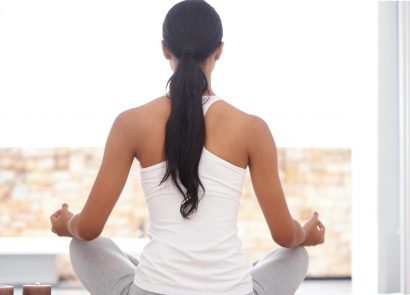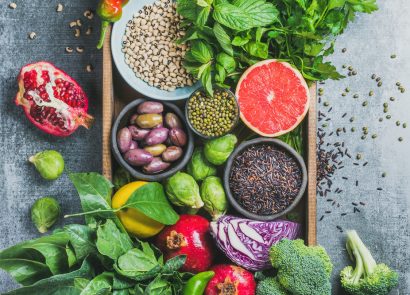With Ramadan fast approaching (starting on Saturday 2nd April 2022), you might be wondering if exercising during Ramadan is a good idea. Well, it all depends on your body and how you feel during this period of fasting, but it most definitely can be done safely – it may just take some planning.
Working out on an empty stomach is no easy feat, but exercise doesn’t have to be removed from routines completely during the fasting month.
In reality, keeping up a fitness routine is something many Muslims can still carry out safely and sustain during their Ramadan fast. Fitness and nutrition experts at Origym, have revealed their top tips for working out safely during Ramadan.
Exercising During Ramadan: Is It Safe?
According to a Sports Direct survey, 80% of 18-35-year-old Muslims were concerned about exercising safely during Ramadan, while 29% said they felt there was not enough training information available to them for the month.
As food and water intake is an essential part of all fitness routines, not being able to eat or drink during daylight hours can pose a challenge for those on a fitness journey.
Some who are undertaking the religious fast might consider pausing their workouts until the 30 days are up. But experts say you can still continue your fitness journey effectively by following these five important tips.
PTs and nutritionists at Origym have broken down everything you need to know about exercising during your religious fast.
Up your hydration during non-fasting hours
Now that the warmer weather is approaching, staying hydrated is even more important. A reduced intake of water can make exercise feel more strenuous, but you can still exercise safely even if you’re not drinking water.
During the hours of iftar (breaking the fast) and suhoor (restarting the fast), it’s key that you up your water consumption.
Drinking water regularly during the course of these hours will help you feel more hydrated in your fasting hours. You should also increase your intake of water-rich foods so you are obtaining hydration through your food too.
Oranges, grapes, cucumber and tomatoes are all high in water content and perfect for upping your water levels.
Maintain don’t overtrain
Naturally, it’s important not to push yourself too much whilst you’re fasting, so, instead of committing to a high-intensity workout, you should look to maintain your current progress.
Listen to your body and make fitness adjustments when needed – see how you’re feeling after your usual regime and adapt the intensity accordingly.
As your body burns calories to maintain energy levels, exercising may increase your appetite to replace the calories burned during workouts.
So if it works for you, another tip is to time your workout at the close of Suhoor when you’ll feel more energised after refuelling your body.
Switch from cardio to strength training
During Ramadan, you may be more prone to feeling dehydrated. As cardio can be a high-intensity workout, causing you to sweat more, it may be worth switching up your routine to feature more light cardio workouts or strength activities.
When your body goes for long periods of time without food, it can break down muscle weight for energy. As a result, strength training can also slow down the process of muscle loss while fasting.
If you do want to carry out some cardio activities, low-intensity activities such as yoga or walking are great for keeping you active without leaving you feeling fatigued.
Increase rest times
Your body will be getting used to sustaining on less fuel, so don’t be afraid to give your body the break it deserves! You need plenty of rest days to allow your body to recover in every aspect.
When you’re feeling fatigued from hunger or thirst, you run the risk of either exposing your body to repetitive strain injuries or potential accidents.
Sustaining a potentially serious injury will set you back much further than taking extra rest days in the long run.
Pay attention to your body and increase your rest times – a day or two should help to keep you from avoiding burnout.
Keep an eye on your nutrition
For increased energy, think about adding lots of high-fibre starchy and high protein foods to your meal plan for the hours you are eating for.
The fibrous foods will provide a slow energy release, while protein will help you feel full for longer.
Try to avoid salty foods as they can cause excessive thirst and dehydration and cut down on any caffeinated drinks too, as these can make you lose water faster.





















